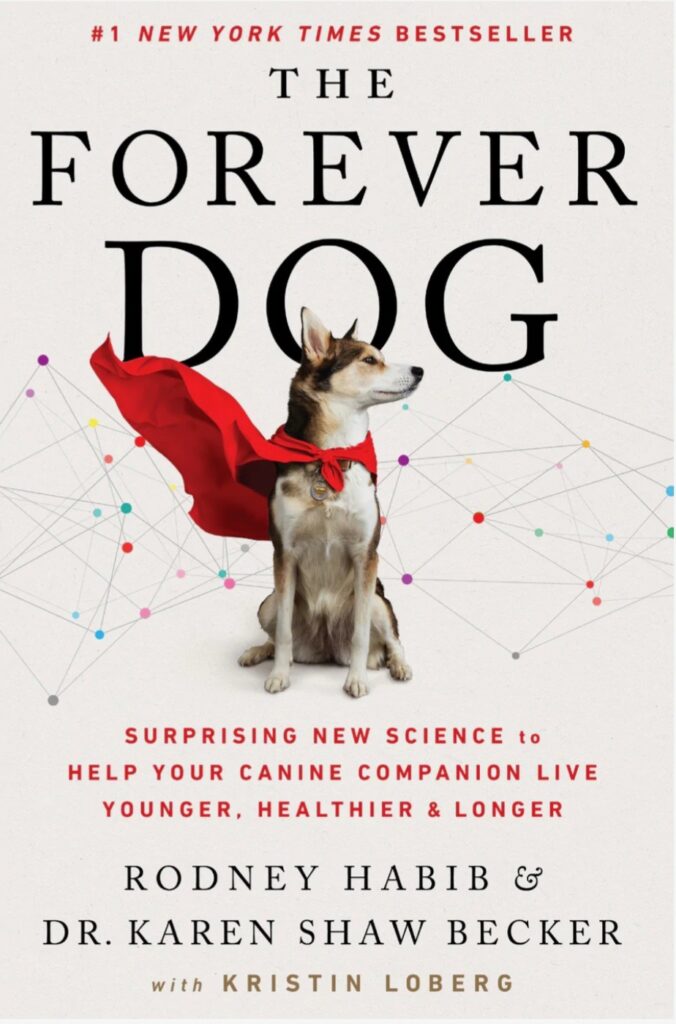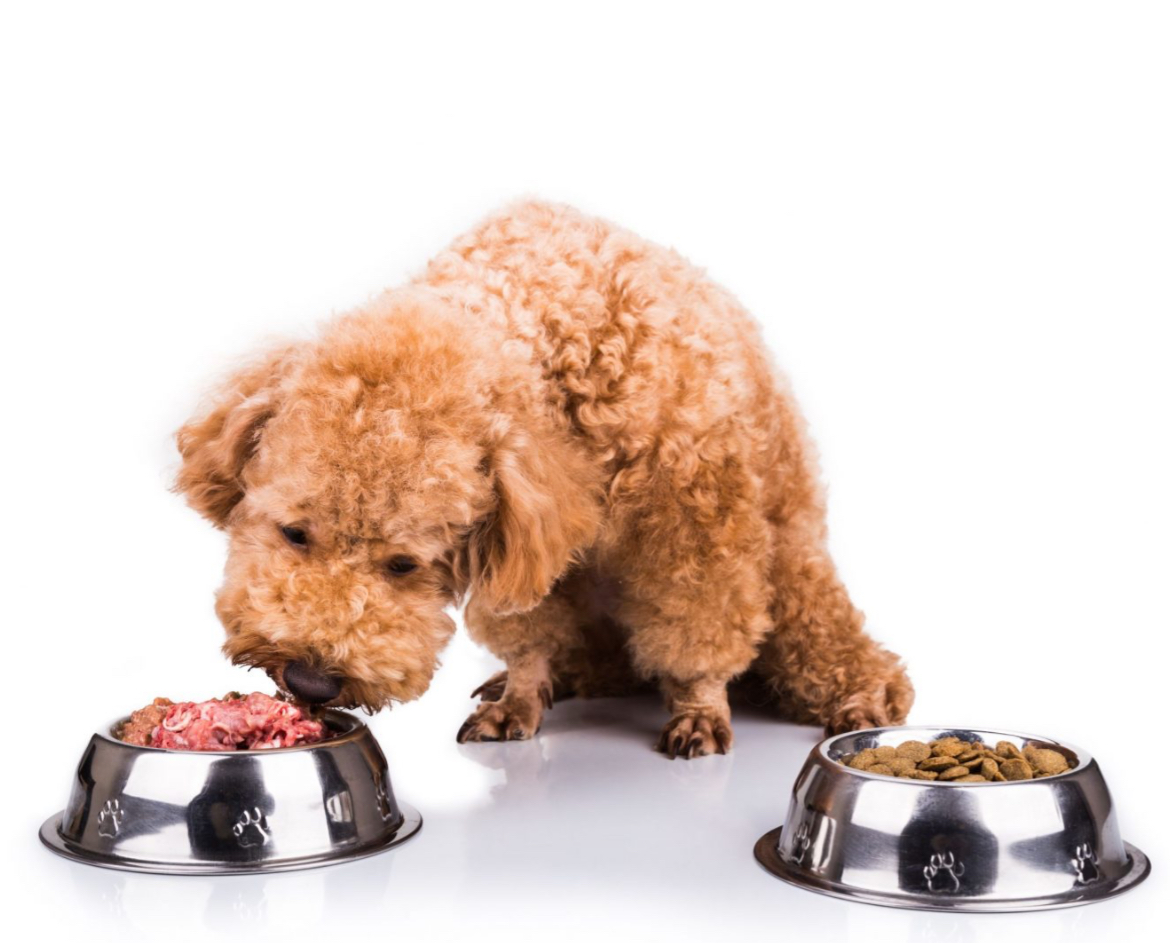The Forever Dog book is a powerhouse of knowledge. It opened our eyes with evidence-based data that completely transformed how we approach feeding our dogs. Before reading it, we’d simply grab a bag of food at the pet store that “seemed” healthy, trusting the marketing on the label. But we soon learned that many dog food manufacturers rely on misleading buzzwords like “prescription diet” or “performance nutrition” to create a false sense of quality.
We recognize that everyone has different budgets for feeding their dogs. Our aim is to share insights from Dr. Becker that help you make informed choices when selecting the best food for your companion.
There are some common ingredients found in many dog foods that simply don’t belong in your dog’s diet. These harmful additives—referred to as the “DirtyDozen”—have been shown to negatively impact canine health over time. Here’s what to avoid!
How many of these are in your dog’s food?
1. Any type of meal (e.g., meat meal, poultry meal, or corn gluten meal)
2. Menadione (synthetic vitamin K)
3. Peanut hulls (a significant source of mycotoxins that can affect the liver, causing vomiting, loss of appetite, and weight loss)
4. Artificial dyes and colors
5. Poultry or animal digest
6. Animal fat
7. Propylene glycol
8. Soy products (e.g., soybean oil, flour, ground soybeans, soybean meal, soybean hulls, soybean mill run)
9. Synthetic minerals (e.g., zinc oxide, titanium oxide, copper sulfate)
10. Poultry or beef byproducts
11. Synthetic preservatives (e.g., BHA, BHT, ethoxyquin)
12. Sodium selenite (synthetic selenium)
Count the synthetic nutrients and additives in your dog’s food. What’s your number?
Rating Guide:
• Good: No Dirty Dozen and fewer than 12 synthetic nutrients.
• Better: No Dirty Dozen, fewer than 8 synthetic nutrients, with added health benefits like organic or GMO-free ingredients.
• Best: No Dirty Dozen, fewer than 4 synthetic nutrients, plus added health perks such as organic, human-grade, GMO-free, free-range, or wild-caught ingredients.

